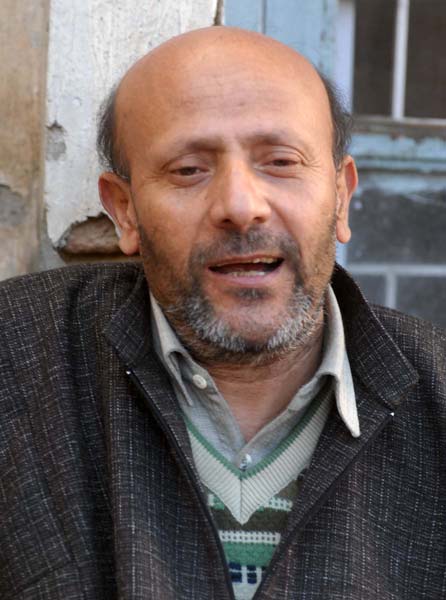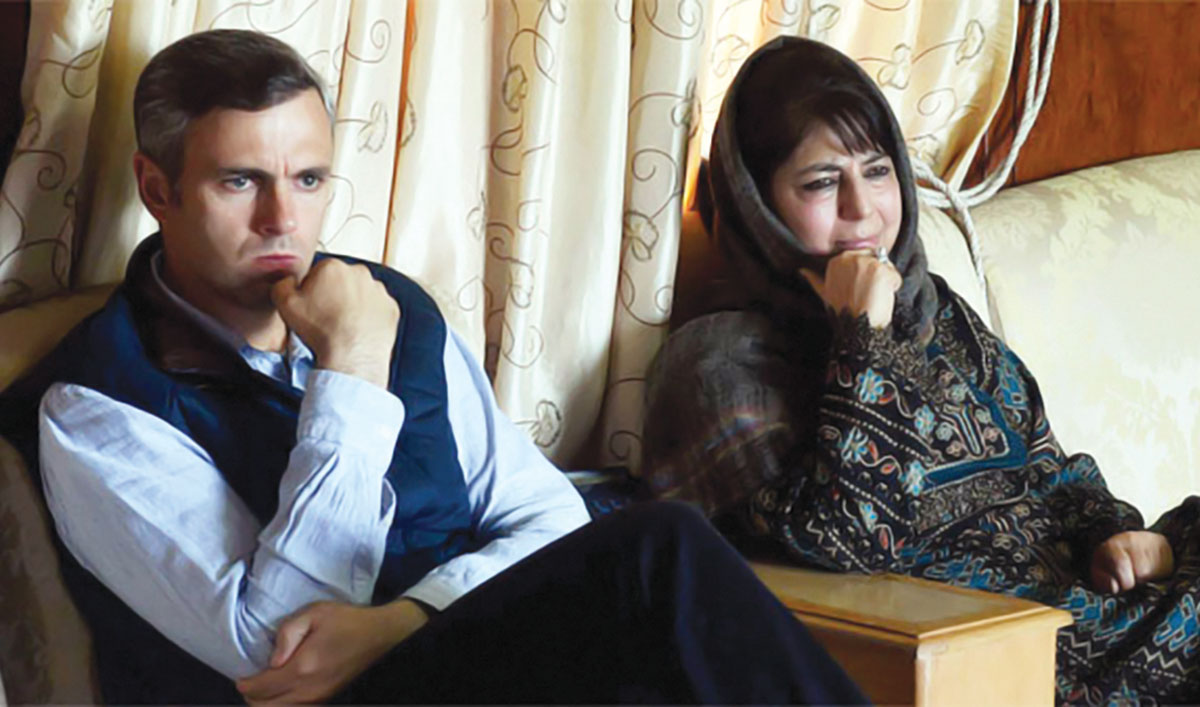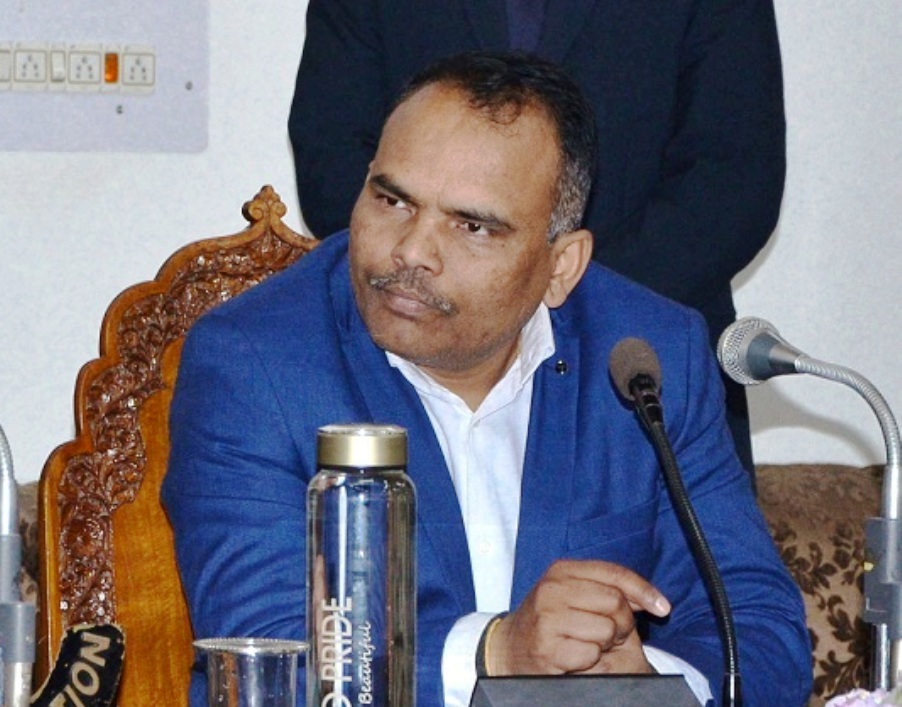SRINAGAR: On fifth day of the hearing of the petitions challenging the abrogation of Article 370, Kashmir advocate Zafar Shah is arguing for the Kashmir Bar Association. He is the only Kashmiri counsel in the score odd petitions being heard by the apex court after almost four years.
Senior Advocates Kapil Sibal and Gopal Subramaniam have completed their arguments. Shah started his arguments in latter Wednesday and could barely speak for around 20 minutes.
On Wednesday, Shah articulated the multiple viewpoints that have stirred debates on the nature of Jammu and Kashmir’s relationship with the Union of India.
Shah initiated the discourse by examining the historical context surrounding Jammu and Kashmir’s accession to India. He questioned the absence of a merger agreement alongside the Instrument of Accession (IoA), emphasising that the Maharaja did not amalgamate his authority with the Union of India. According to Shah, “Union of India was by itself one authority and Maharaja was another authority.”
Shah’s analysis transitioned to the changing structure of the Indian Constitution, emphasising the incompatibility of the traditional monarchy with the emerging democratic framework. He contended that the state’s right to determine its course was the focal point of the debate. “Art 370 subsumes the sovereignty which was retained by Maharaja. At the same time, its finality could not be determined – not of 370 but of the State itself,” Shah argued.
Drawing parallels with other states, the CJI underlined that various regions, such as Maharashtra, Uttar Pradesh, and Tamil Nadu, carried their own limitations on parliamentary power. The court recognised the intricate interplay between the powers bestowed upon parliament and the states, a dynamic that differed from Jammu and Kashmir’s scenario.
The CJI questioned the transfer of sovereignty via the IoA and the subsequent division of legislative powers. Despite the transfer of dominion, the power of legislation, integral to sovereignty, appeared to remain beyond the purview of parliament.
Shah retorted by characterising the IoA as an act of two sovereign entities, akin to a handshake rather than an embrace. He highlighted that the Maharaja’s decision to retain certain powers mirrored his intention to maintain the state’s autonomy while conceding control over defence, foreign affairs, and communication.
Concluding his arguments, Shah pondered the significance of Article 370 as a conduit for a unique relationship between Jammu and Kashmir and the rest of India. He raised the question of how the Indian Constitution accommodates a state that has acceded but not fully merged.
The Supreme Court proceedings revealed a spectrum of viewpoints, illustrating the complexity of interpreting Article 370 and its implications for the relationship between Jammu and Kashmir and the Union of India.















